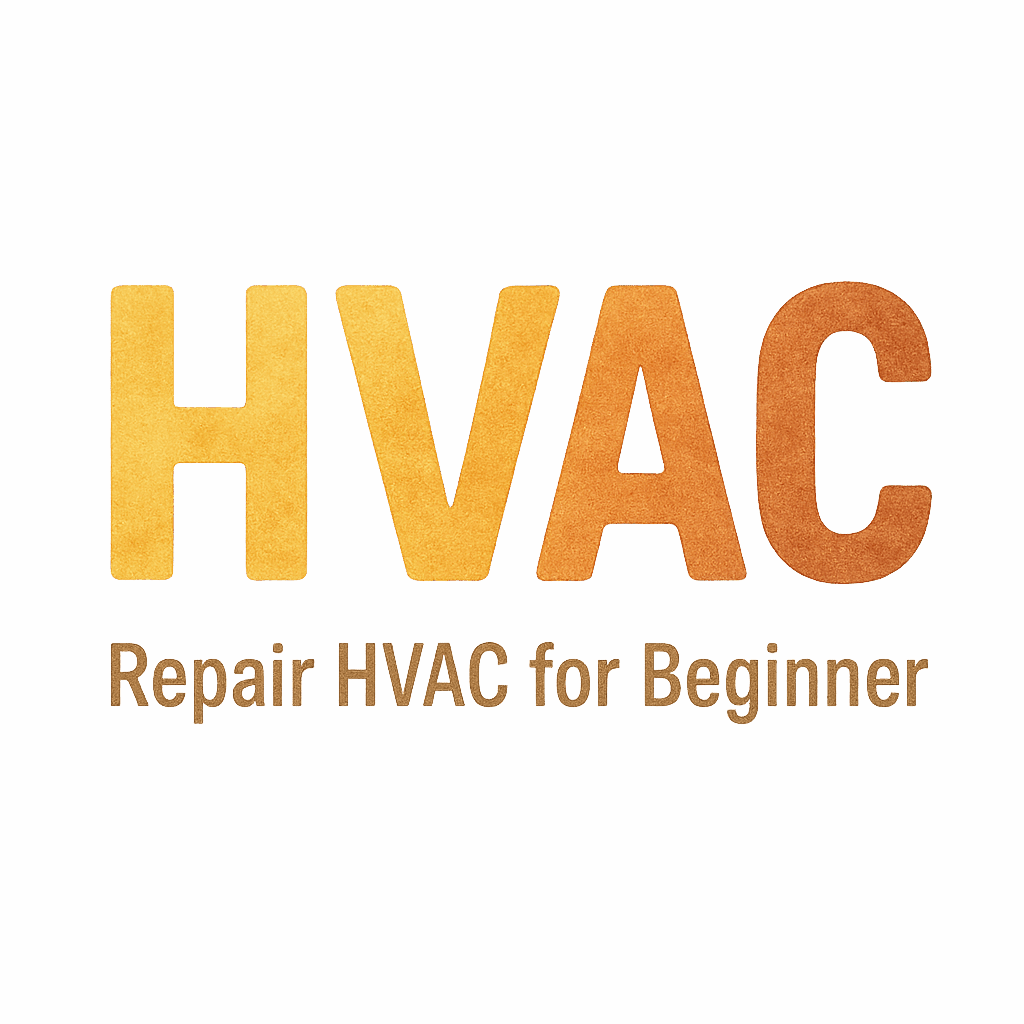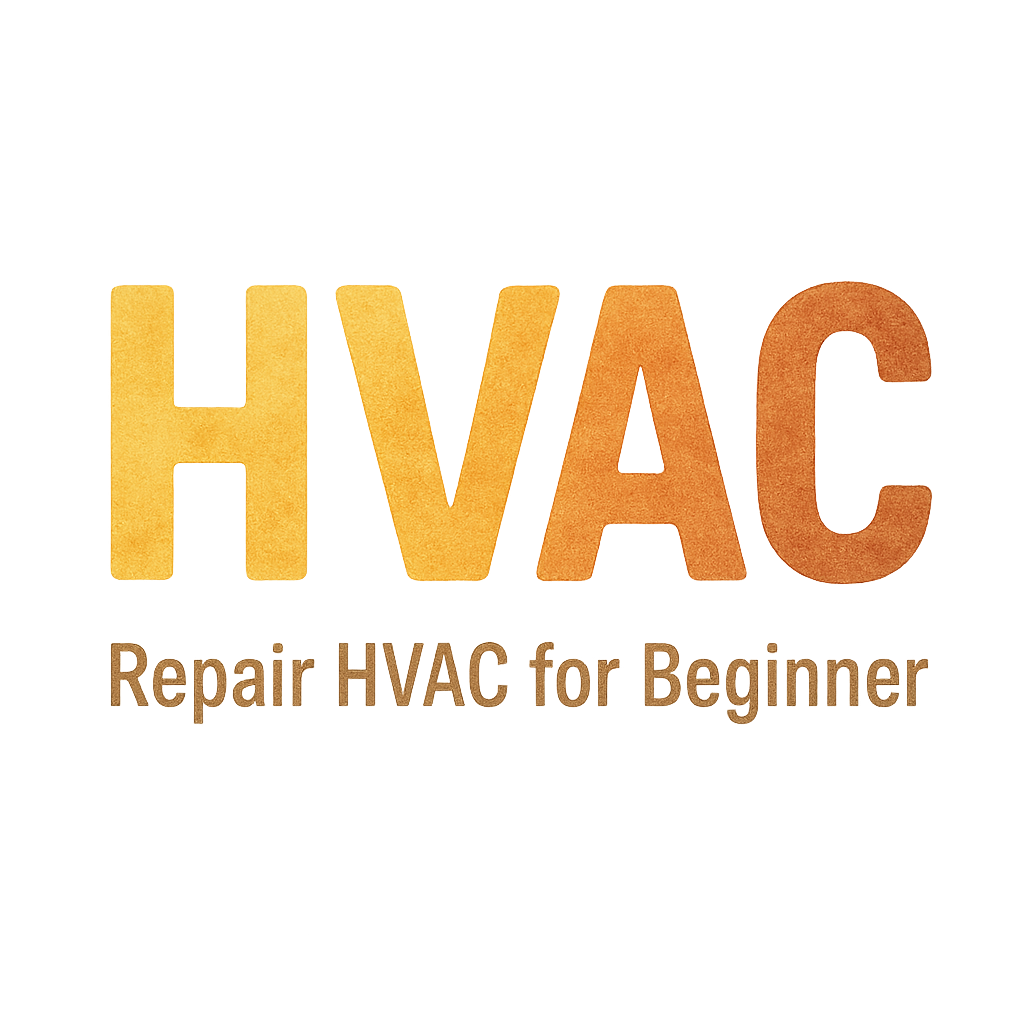Introduction: Why Safety Gear is Essential for HVAC Repairs
HVAC repairs are no small task. Whether you’re installing, maintaining, or fixing air conditioning units, heating systems, or ventilation components, safety should always be a top priority. HVAC systems are intricate, often involve heavy machinery, and sometimes work with hazardous materials. One small mistake can lead to accidents or injuries that could have been easily prevented.
In this article, we’ll break down the 9 must-have safety gear for HVAC repairs that every professional technician should have in their toolkit. This gear is essential not only for your physical safety but also for enhancing the quality of work and ensuring compliance with workplace safety regulations.
For those new to HVAC work, make sure to check out our HVAC Basics for Beginners guide to get an understanding of how safety plays into every step of your job.

1. Protective Gloves: Your First Line of Defense
Why You Need Protective Gloves
The importance of gloves cannot be overstated in HVAC repairs. Your hands are constantly exposed to sharp tools, hazardous materials, and various contaminants. Protective gloves will shield your skin from cuts, burns, and exposure to potentially harmful substances like refrigerants and oils. Not to mention, they offer extra grip on tools and equipment, reducing the risk of accidents.
Types of Gloves for HVAC Work
For HVAC repairs, you need gloves that provide both protection and dexterity. Leather gloves are often used for handling sharp objects and tools. However, when working with refrigerants or chemicals, insulated gloves or rubber gloves may be necessary to prevent skin exposure to harmful substances. Find more about these tools in our HVAC Tools & Equipment section.
2. Safety Glasses: Protecting Your Eyes
The Importance of Eye Protection
When you’re working on HVAC systems, it’s easy to overlook eye protection. Yet, the risk of debris, chemicals, or tools flying into your eyes is always present. Whether you’re cutting ductwork, handling refrigerants, or using power tools, safety glasses are a must-have to avoid serious eye injuries.
Choosing the Right Safety Glasses
Not all safety glasses are created equal. When selecting eye protection for HVAC repairs, you should look for glasses that provide a snug fit, resist fogging, and offer side protection. If you wear prescription glasses, consider safety glasses that fit over them or opt for prescription safety eyewear. To make your job easier, check out our HVAC Troubleshooting & Repair Tips for the latest on tools and safety tips.
3. Respirators: Breathing Easy During Repairs
Why Respirators are Critical for HVAC Technicians
HVAC technicians often work with materials that emit fumes or dust, such as refrigerants, sealants, and asbestos. Breathing in these particles can be hazardous to your lungs, leading to respiratory problems. A good-quality respirator will help you breathe safely by filtering out harmful chemicals and particles.
Selecting the Right Respirator for Your Job
When choosing a respirator, consider the nature of the work. For general HVAC repairs, a half-face respirator may be sufficient, but for more hazardous environments (like when handling refrigerants or insulation), a full-face respirator or a PAPR (Powered Air-Purifying Respirator) might be necessary. If you’re unsure, refer to our HVAC System Diagnosis guide to better understand the environments you’ll be working in.
4. Hearing Protection: Preventing Long-Term Damage
Why You Need Hearing Protection in HVAC Work
HVAC repairs often involve loud machinery, power tools, and sometimes loud air conditioning units. Prolonged exposure to high-decibel noise can lead to permanent hearing loss. Wearing hearing protection will shield your ears from excessive noise and ensure that you can continue your work without risking your hearing.
Different Types of Hearing Protection
There are several options for hearing protection, including earplugs, earmuffs, and noise-cancelling headphones. Earplugs are ideal for short-term, low-noise situations, while earmuffs are better for louder environments. For maximum protection, look for hearing protection rated for the specific noise levels in your work area. If you need more insights, head over to our HVAC Maintenance & Cleaning page.
5. Work Boots: Sturdy Footwear for Safety
Why Durable Work Boots Are Essential
Work boots are more than just footwear—they are critical to your safety. HVAC work can involve heavy lifting, working with sharp objects, and walking on uneven surfaces. The right work boots provide ankle support, prevent foot injuries, and protect you from electrical hazards.
Key Features to Look for in HVAC Work Boots
Look for boots with steel or composite toes to protect your feet from falling objects. Also, slip-resistant soles are essential to prevent slipping on wet or greasy surfaces. Insulated boots are ideal if you’re working in cold environments, while waterproof boots are a must when dealing with wet or damp conditions. For more tips, visit our Common HVAC Problems blog.
6. Hard Hats: Protecting Your Head from Falling Debris
Head Protection for HVAC Workers
When working on HVAC systems, you might be at risk of objects falling from above, especially when working in ceilings or attics. A sturdy hard hat will help protect your head from any potential injuries caused by falling tools or debris.
Choosing the Right Hard Hat
Select a hard hat that complies with safety standards and provides adequate impact resistance. Ensure it fits comfortably and securely to prevent it from falling off during work. Additionally, consider hats with adjustable straps and ventilation for added comfort during long hours of work. You can explore HVAC Safety Gear for a complete list of necessary gear.
7. Knee Pads: Comfort and Protection During Ground Work
Why Knee Pads Matter for HVAC Technicians
Whether you’re crouching under a sink or working on the floor for extended periods, your knees are susceptible to pressure and strain. Knee pads provide comfort and reduce the impact on your joints, making it easier to perform tasks like installing or repairing ductwork.
Selecting the Best Knee Pads for HVAC Work
Look for knee pads that offer both comfort and protection. Ideally, choose ones with a thick, cushioned design and adjustable straps for a secure fit. They should also be durable enough to withstand prolonged use on hard surfaces without wearing out quickly. Check out more HVAC Maintenance Tips for ensuring your tools and body stay in top shape.
8. Fall Protection Gear: Safety When Working at Heights
The Importance of Fall Protection
HVAC technicians often work on roofs, ladders, or elevated platforms. Without proper fall protection, you risk severe injury or worse if you were to fall. Fall protection gear ensures that you stay safe when working in high places.
What to Look for in Fall Protection Equipment
Fall protection gear includes harnesses, lanyards, and anchor points. When choosing equipment, ensure that it meets safety standards and is suitable for the height and type of work you’re performing. A full-body harness is generally the best choice for most HVAC jobs involving heights. Need more info? Explore our Repair HVAC Safely page.
9. Electrical Safety Gear: Staying Safe from Electrical Hazards
Why Electrical Safety Gear is Crucial for HVAC Work
HVAC systems often involve working with electrical components like wiring, circuits, and control panels. To avoid electrocution or electrical burns, it’s essential to wear appropriate electrical safety gear, such as insulated gloves and rubber-soled boots.
Choosing the Right Electrical Safety Gear
Electrical safety gear should be rated for the type of electrical hazard you’re working with. Insulated gloves and tools will protect you from electrical shocks, while rubber boots will provide insulation from electrical currents on the ground. Learn more by reading our HVAC Repair Tips.
Conclusion: Safety Should Be Your Priority
Whether you’re a seasoned HVAC professional or just starting out, safety gear is non-negotiable. Investing in the right protective equipment ensures that you can perform repairs efficiently while minimizing the risk of injury. Keep these 9 must-have safety gear essentials in mind and stay safe while working on HVAC systems. Always make safety your top priority, and remember, HVAC Safety isn’t just about following rules, it’s about protecting yourself for the long run.
FAQs
- Why is wearing safety gear so important in HVAC work?
Safety gear is essential to protect yourself from common HVAC hazards such as falling debris, electrical shock, chemicals, and heat. - Can I use regular gloves for HVAC repairs?
While regular gloves may offer some protection, specialized HVAC gloves provide better grip, protection from chemicals, and more durability. - What should I look for in work boots for HVAC work?
Look for boots with steel toes, slip-resistant soles, and insulation for added comfort and safety during work. - Are there any alternative to hard hats for head protection?
While hard hats are the best option for head protection, some professionals may use helmets designed for work at heights or certain types of HVAC work. - How do I choose the right respirator for HVAC repairs?
Choose a respirator based on the work you’ll be doing, whether it’s general HVAC maintenance or handling hazardous materials like refrigerants. - Is fall protection gear required for HVAC workers?
Yes, when working at heights, fall protection gear is essential to prevent accidents and injuries. - Can I use electrical safety gear for other types of work?
Electrical safety gear is designed specifically for electrical hazards, so it’s best used when working on electrical components of HVAC systems.


